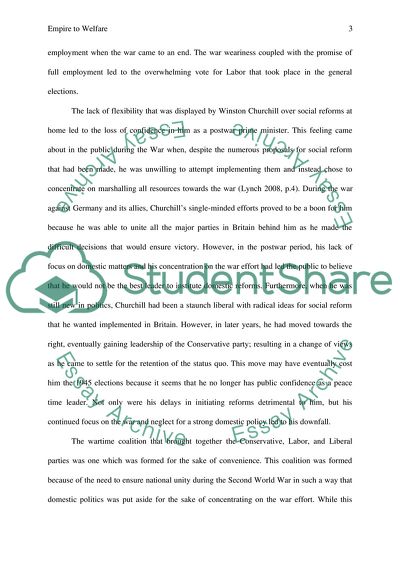Cite this document
(Empire to Welfare Essay Example | Topics and Well Written Essays - 1750 words, n.d.)
Empire to Welfare Essay Example | Topics and Well Written Essays - 1750 words. https://studentshare.org/history/1881509-empire-to-welfare
Empire to Welfare Essay Example | Topics and Well Written Essays - 1750 words. https://studentshare.org/history/1881509-empire-to-welfare
(Empire to Welfare Essay Example | Topics and Well Written Essays - 1750 Words)
Empire to Welfare Essay Example | Topics and Well Written Essays - 1750 Words. https://studentshare.org/history/1881509-empire-to-welfare.
Empire to Welfare Essay Example | Topics and Well Written Essays - 1750 Words. https://studentshare.org/history/1881509-empire-to-welfare.
“Empire to Welfare Essay Example | Topics and Well Written Essays - 1750 Words”. https://studentshare.org/history/1881509-empire-to-welfare.


